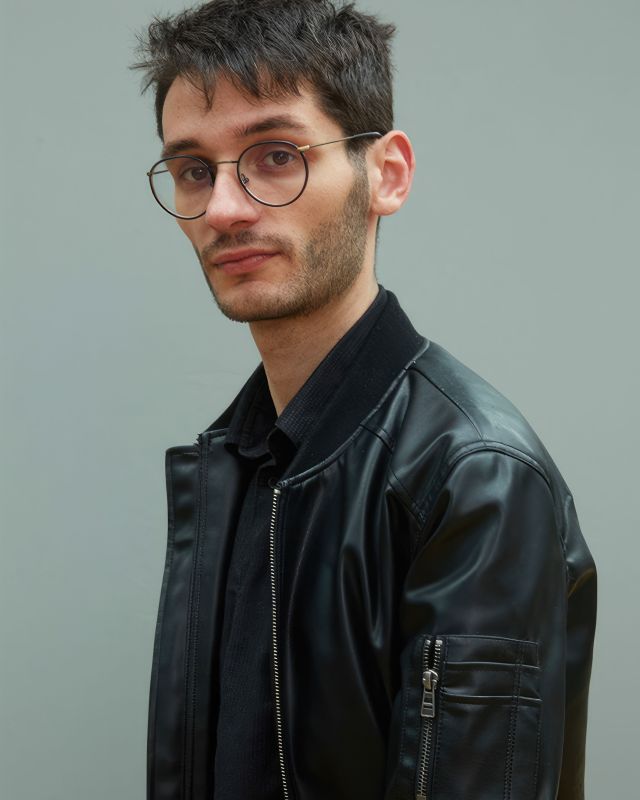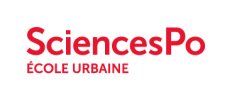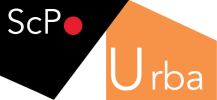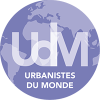Portrait
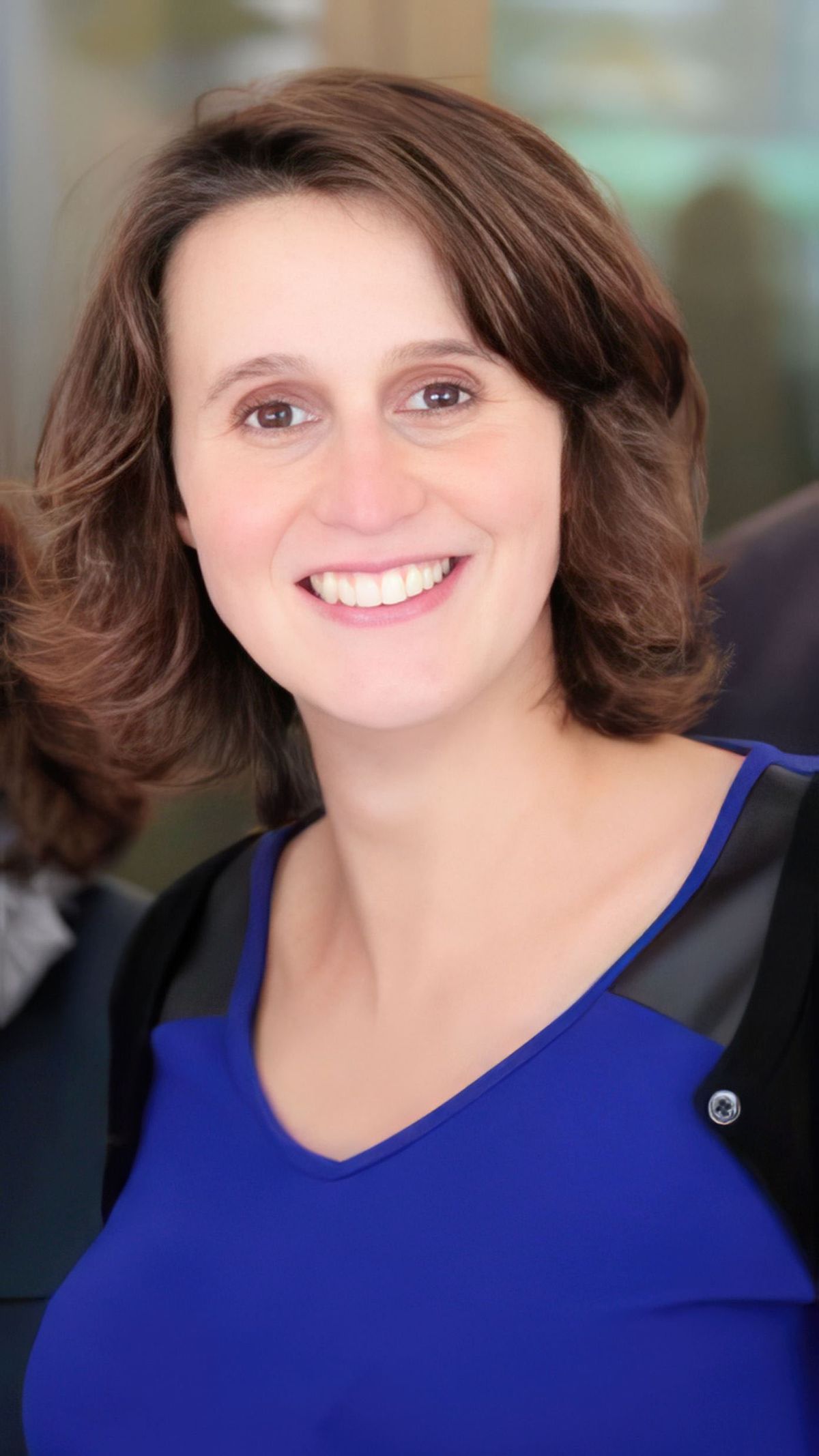
Élisa Lelard - STU 2006 - Associate at Open Communities Consulting
Posted on | Alumni Portrait
Elisa is a pure product of the consulting world where she has spent her entire career. However, her career path has not been monotonous: between niche and generalist structures, from large groups to start-ups, she has evolved in different corporate cultures and has moved up the ranks - from junior to associate - all on a variety of themes: from agriculture to education. Over a coffee, In Situ had the chance to have an overview of the consulting profession.
Elisa joined Sciences Po after her bachelor's degree and then spent her 3A in Vancouver. As a student at the University of Victoria, she chose a double major: economics and urban policy, a field that already interested her. She also had the opportunity to explore this rich and dynamic region in terms of demographics, economics and territorial development.
From Sciences Po to the consulting world
The STU master's degree seemed promising to her and on her return to France, she was part of one of its first classes. She deepened her knowledge of regional planning, urbanism and local public policies. She then joined the job market without any preconceived ideas and entered the world of consulting via a small firm specialized in the study of public service delegations where she did her end-of-studies internship. Her missions were mainly focused on the analysis of large facility markets. It was then that the company in question was bought by a larger firm. This was the opportunity to experience a culture clash between the founders of the first firm, who had a more scientific background, and the buyers, who came from business schools.
At the end of this experience, Elisa was hired by a generalist firm on a human scale: Alenium. The firm is well structured, thanks to its partners, who have solid knowledge in market analysis, process and marketing. She stayed there for 3 years, the time to experience the expansion of the firm from 20 to 80 people but also to go from junior to senior.
A Vietnamese parenthesis
She then flew to Hanoi for a year where she became a freelance consultant. She worked mainly for the German Agency for International Cooperation (GIZ) on a wind power development project in Vietnam. She provides them with expertise, whether it is for the organization of the legislative framework or the elaboration of pre-projects to obtain European funding in the framework of calls for projects.
In the "Big Four
Back in France, she was hired by Pwc (PricewaterhouseCoopers), known worldwide for its expertise in auditing. Alongside EY, KPMG and Deloitte, it is one of the Big Four: the 4 largest consulting firms. Its international network gives it access to a collective intelligence. It is also an opportunity to produce studies: Elisa writes, for example, on the organization of the deconcentrated administration. During the 6 years she worked there, the "public sector" team, structured in different poles (health/social, defense/interior, other), experienced a strong growth, from 40 to 70 people, and it progressed well, from the rank of confirmed to manager. Working in a structure of this size allows her to work in teams that are always different, which implies different characters, ways of doing things and levels of experience. Mobilizing everyone is a challenge, to get the best out of everyone and to provoke learning effects. Moreover, many training devices are put in place which makes the experience all the more enriching.
Towards design thinking
Finally, a month ago, Elisa left Pwc to become a partner at OpenCommunities Consulting, a young consulting firm with 3 years of existence. Her paradigm? Innovation is essential, for companies as well as for administrations, otherwise they will disappear, because they have not been able to surpass the competition or satisfy the users. Its approach? Design thinking. Its organization? A very rich ecosystem that ranges from coaches to digital developers, from ENA to Polytechnique, and of course the 4 associates, all with more than 10 years of experience. Its values? To accompany its clients in all confidence, in their services but also in the relations between individuals and institutions and to animate networks, all at a fair price, in a philosophy close to the SCOP.
From office to office, but to do which missions?
Apparently, this is not the right question! The missions Elisa has carried out during her career are very varied, as much in their duration - from ten days to several years - as in their themes - agriculture, transportation, defense, health, sustainable development - or their clients. There is no typical mission, some require a lot of analysis and writing, others more field work: interviews, workshop facilitation, contact with the client. However, Elisa has mainly carried out organizational and management consulting for public organizations (local authorities, institutions, agencies, central and decentralized administrations). She has acquired an expertise in change management and a small specialization in agriculture, on which she worked for 4 years.
Any examples?
Elisa has worked for the French education system to improve its management of baccalaureate copies, to make it more fluid and secure. She also helped the Direction des Territoires et de la Mer, in the Manche region, whose understaffed veterinary service could no longer ensure the control of cow herds, which posed important sanitary and security questions. The prioritization and distribution of the team's tasks had to be reviewed. She also spent 4 years working on the restructuring of Pôle Emploi. She participated in the general revision of public policies (RGPP) and the modernization of public action. One of Elisa's most important missions was for the SGMAP (Secrétariat Général à la Modernisation de l'Action Publique) on youth empowerment. Thanks to design thinking, this 9-month project allowed her to create the "orientation for all" platform, which centralizes information on professional orientation, but above all to reinforce the knowledge of the actors in the field.
At OpenCommunities, her recent mission was to support the 250,000 employees of Société Générale in their career development thanks to an online digital solution to allow everyone to showcase their skills and be aware of opportunities. Finally, a support project for the Caisse des Dépôts et Consignation for the animation of territories is underway, it has resulted in an innovation laboratory, a good way to strengthen cooperation between public and private actors in a living area, around federative projects.
Breaking down prejudices
The consulting environment is friendly, with colleagues and clients. It is a good way to start, because of the strong companionship dimension. Consulting can also be a gateway to more operational work, particularly as a civil service contractor. The work rhythm is intense but far from being unbearable, with an average of 9am to 7pm, which can fluctuate depending on the project.
The consulting profession can have its frustrations: it sometimes happens that a beautiful idea is not realized because the client decides otherwise and that the project never sees the light of day. It is also necessary to remember that it is necessary to help the customer but not to make in his place. Finally, one day, the experienced consultant may have doubts and feel like he doesn't know how to do anything. Elisa reminds us that this is not the case, and if he is not necessarily an expert in a given field, the consultant acquires other qualities and know-how, whether it is to lead a workshop of 100 people, to model a financial impact or to master the elaboration of a Management Plan for Employment and Skills (GPEC).
Advice
Before applying for a consulting position, think about finding out about the type of project and the composition of the team. If possible, reach out to the network to find out if the team is more of a growth, stagnant or declining team. Once hired, identify mentors in the company who will help you grow.
For a young person, there is no need to have a sector specialization, on the contrary, you must be curious, open-minded, know how to listen and activate your neurons. With experience, one will expect from a consultant to have convictions on the way in which the public policies must be made. The basic abilities of the consultant are analysis, synthesis, ability and to have a convincing speech, then, do not hesitate to launch you!
Hugo Christy - GLM 2012 - Director of Ideas, Content & Communities at REI Habitat
Posted on April 09, 2017
How does one become an Ideas Director? Hugo Christy is a 2013 GLM, who went on to work full time for Anne Hidalgo, at the time First Deputy in charge of urban…
François-Xavier Salmon - STU 2007 / INET 2010 - Technical Advisor to the Director General of Services of the Nord-Pas-de-Calais Regional Council
Posted on January 25, 2017
During the trip to Lille in 2011, the students realized a "speed networking" in the morning. We found one of the portraits made! "It was during my studies t…
 English
English  Français
Français 